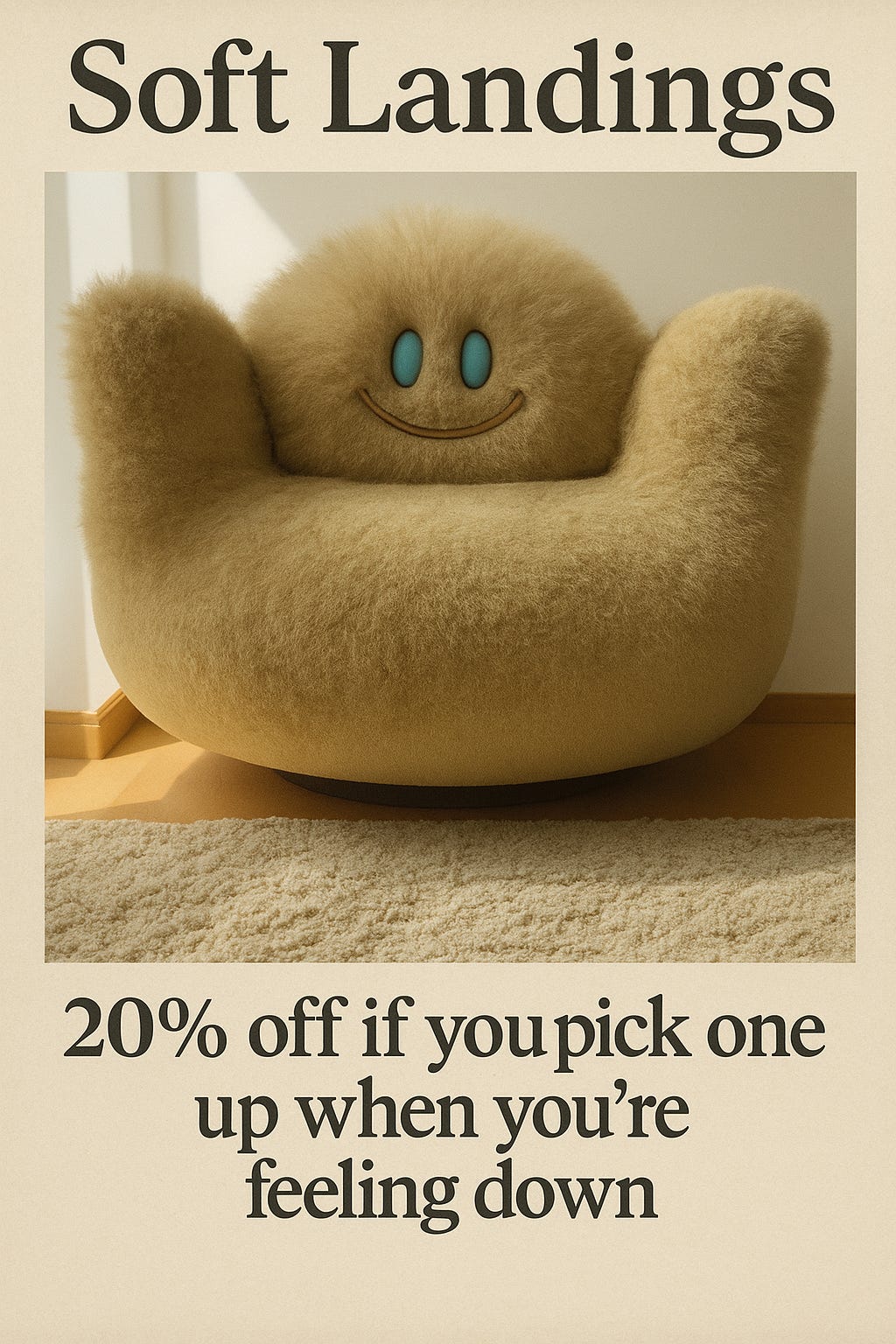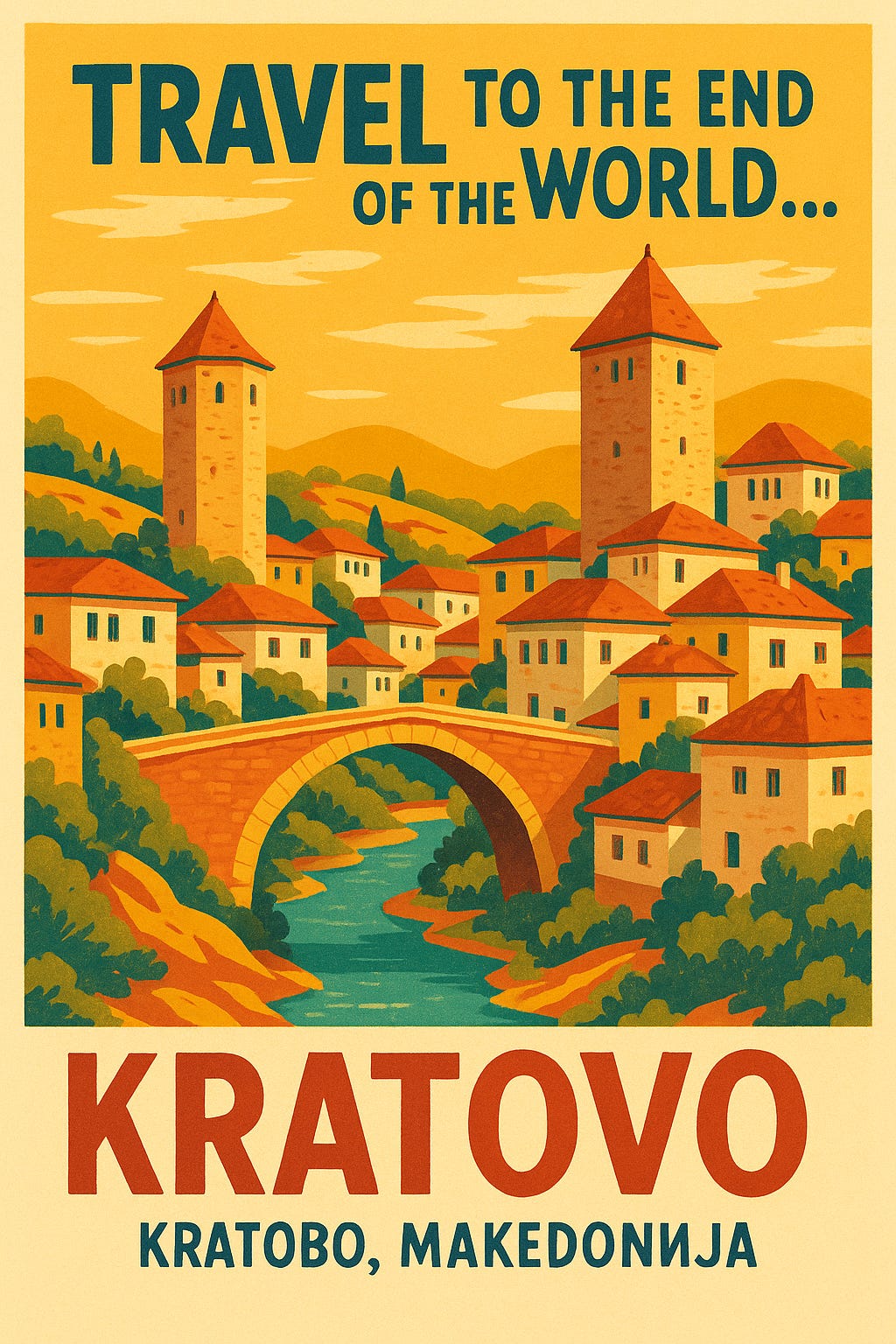Beyond Expertise: Curiosity as a Service
How Curiosity-Based Thinking is Replacing Traditional Expertise Across Professions
What if the real secret to thriving at work is not what you already know, but how curious you are about what comes next?
The professionals who are thriving today are not just experts. They are the ones who can adapt, explore, and learn faster than the world changes around them.
After more than a decade working closely with teachers, engineers, program managers, and startup founders, I have seen a clear shift. Expertise still matters, but it is curiosity that now defines exceptional professionals.
This shift is not just personal observation. A 2018 study published in Harvard Business Review found that organizations prioritizing curiosity reported 34 percent greater creativity, along with significantly stronger innovation and adaptability to market changes.
Curiosity is no longer just a personal trait. It is becoming the foundation for professional success.
From Static Knowledge to Dynamic Inquiry
Traditional expertise is built on mastering what is already known. Curiosity is what drives us to uncover what comes next.

Shared Professional Characteristics
Whether it's a teacher guiding a student toward a breakthrough, an engineer tackling a complex technical challenge, a program manager navigating competing priorities, or a founder uncovering a new market opportunity, one thing remains constant: curiosity is their most powerful tool for solving complex problems.
These professionals don't rely on static expertise alone. They approach their work with a spirit of exploration, using active curiosity to adapt, learn, and thrive in increasingly volatile environments.
Curiosity empowers them to question the status quo, uncover hidden possibilities, and stay open to alternative solutions — especially in industries where change is the only constant.
Perhaps most importantly, their leadership is fueled by curiosity. Whether they’re guiding students, technical teams, project stakeholders, or startup employees, they foster cultures where exploration and innovation are not just encouraged but expected.
Leaders who nurture curiosity don't just boost creativity and innovation — they build teams that are resilient, agile, and excited to meet the future.
Variations in Curiosity Cultivation
Curiosity fuels innovation; yet across professions, it’s often treated like a luxury instead of a necessity.
In education, standardized curricula can unintentionally stifle teacher curiosity, even though research shows that inquiry-based learning significantly improves student engagement and comprehension compared to traditional methods.
In engineering, curiosity finds more fertile ground. Inquiry-based exploration is actively encouraged, and initiatives like Google’s famous "20% time" (which allows engineers to pursue personal passion projects) have sparked innovations like Gmail and Google News.
In program management, curiosity often competes with the organizational drive for predictability and efficiency. But as behavioral expert Dr. Diane Hamilton notes in Forbes, teams that foster exploratory thinking see higher rates of innovation and creative problem-solving.
In startups, curiosity isn't optional, it's survival. Founders who stay curious don’t just pivot when business models falter; they uncover new opportunities others never see.
Across all fields, the pattern is clear: when curiosity is cultivated, people and ideas thrive. When it's constrained, potential withers. Addressing these structural and cultural barriers is no longer optional; it’s essential.

Curiosity as a Professional Asset
Curiosity isn’t just a nice-to-have, it’s one of the most powerful assets a professional can cultivate.
It helps teachers unlock new ways to spark student engagement, engineers uncover non-obvious technical solutions, program managers anticipate challenges before they arise, and founders spot hidden opportunities in shifting markets.
When resources are tight, curiosity becomes even more critical.
Curious professionals turn limitations into launchpads: teachers transform everyday materials into creative lessons; engineers design elegant solutions within tough constraints; program managers reimagine how to stretch resources further; founders uncover unconventional funding sources and fresh business models.
Research published in Organizational Behavior and Human Decision Processes confirms what experience already shows: curiosity fuels more creative problem-solving and innovation, especially when the odds are stacked against you.
This research supports what I've observed across multiple professions: Curious professionals don’t just overcome obstacles — they transform them into stepping stones for something better.

From Curiosity to Competitive Advantage: Introducing Curiosity as a Service (CaaS)
Curiosity is vital for success, but too often it is left to chance rather than cultivated with intention. In a world where expertise can quickly become outdated, curiosity provides the ultimate competitive edge.
That is why I am introducing Curiosity as a Service (CaaS), a structured framework designed to turn curiosity from a hidden strength into an everyday professional advantage.
CaaS is not just a theory. It is a collection of practical methods professionals can use to tackle real-world challenges and uncover new opportunities. Some of the core CaaS methodologies include:
Curiosity A-Z: A structured exploration tool that helps professionals generate 26 fresh insights about a challenge, uncovering hidden opportunities and new angles that expertise alone might miss.
Discovery Learning System: A process that transforms learning by beginning with curiosity rather than conclusions, fueling deeper engagement, creativity, and lasting understanding.
What? to Wow!: A method built around eight powerful guiding questions that help professionals move from confusion to clarity and excitement in just minutes.
Together, these methods form a flexible system that turns curiosity into a daily driver of innovation, resilience, and discovery.
How Curiosity Reshapes Professional Success
Curiosity brings fresh, innovative approaches to the unique challenges faced by teachers, engineers, program managers, and startup founders.
Each CaaS methodology is customized to meet the specific demands of different professional environments:
Teachers can design lesson plans that spark student curiosity and adapt to a wide range of learning needs, even within standardized systems. Research shows that curiosity-driven teaching significantly improves student engagement, comprehension, and long-term retention.
Engineers can explore a broader solution space instead of defaulting to familiar technical approaches. Studies in engineering education demonstrate that structured curiosity methods lead teams to discover more diverse and creative solutions to complex problems.
Program Managers can leverage curiosity to anticipate risks and identify creative pathways to project success. Incorporating curiosity-based practices into project management has been linked to stronger team engagement, improved adaptability, and better project outcomes.
Startup Founders can explore uncharted opportunities by turning curiosity into a strategic advantage. Founders who cultivate curiosity are more likely to pivot successfully, discover hidden market opportunities, and build resilient business models in rapidly changing environments.
In every case, curiosity reshapes professional success by shifting the focus from relying solely on expertise to continuously exploring possibilities, solutions, and new ways forward.
When curiosity becomes a daily practice, it not only sparks new ideas, it solves the deeper struggles professionals face — struggles that expertise alone can no longer overcome.
Superior Solutions to Core Struggles
Curiosity as a Service (CaaS) delivers more than new methods. It offers targeted solutions to the deeper challenges that teachers, engineers, program managers, and startup founders face every day.
In education, where standardized curricula can suppress exploration, CaaS helps teachers reignite a culture of inquiry, bringing lessons to life and fostering deeper student engagement.
For engineers, CaaS provides a structured way to channel curiosity into technical innovation, enabling them to stay creative, adaptable, and ahead of the curve in fast-moving industries.
Program managers gain tools that balance structure with exploration, helping them anticipate risks, navigate shifting priorities, and uncover creative pathways to success without sacrificing efficiency.
Startup founders use CaaS to strengthen their exploratory mindset, building resilience, uncovering new markets, and adapting faster when initial strategies fall short.
By addressing these core struggles directly, CaaS does more than offer quick fixes. It transforms how professionals learn, lead, solve problems, and create lasting value in a world where adaptability is more important than ever.

The Future Belongs to the Curious
Solving today's problems with curiosity is only the beginning. The professionals who will thrive tomorrow are those who choose to stay curious every day.
In a world where expertise has a shorter shelf life than ever before, curiosity has become the most valuable professional asset. The individuals who succeed will not necessarily be the ones with the most knowledge today, but those who are best at discovering what is needed next.
As I continue implementing Curiosity as a Service (CaaS) with teachers, engineers, program managers, and founders, the results consistently show that cultivating curiosity is no longer just beneficial. It is becoming essential for lasting professional success.
I invite you to consider: What would your work look like if you prioritized curiosity alongside expertise?
How might systematic curiosity cultivation turn your biggest challenges into opportunities for innovation?
If you are interested in learning more about how to bring Curiosity as a Service into your own professional world, follow along here or reach out and connect with me.
I would also love to hear about the specific curiosity challenges you are facing. The future of work is not only about what you know. It is about how effectively you discover what you need to know next.
Stay curious,
Matt


